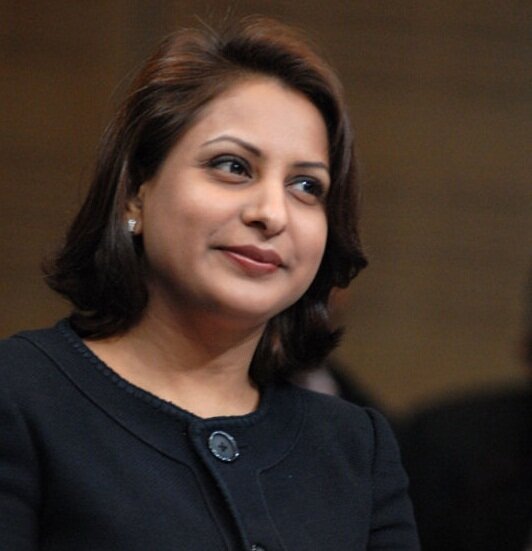From supply chain disruptions stemming from Russia’s invasion of Ukraine to the lingering effects of COVID-19 to increased inflation and interest rates, and recent conflicts in the Middle East, 2024 is sure to bring a multitude of challenges and opportunities to Africa. However, against this backdrop of polycrisis, African countries have been urged to seize the opportunity presented with industrialisation which could see the continent’s GDP grow by 20%.
While growth in West Africa slowed to 3.6% in 2022 from 4.4% in 2021, it is projected to pick up in the medium term, reaching 4.1% in 2023 and accelerating to 4.3% in 2024. Senegal stands out as an exemplary economy, with IMF projecting the West African republic to grow at a record rate of 10.6% in 2024, the highest rate since independence.
Nigeria remains the most populous country on the continent, emphasising the continued need to diversify its economy and maximise renewable energy strategies. With regards to technology, Mobile Money services have made more inroads in Africa than in any other region, with West African countries, namely Senegal, Ghana and Cote d’Ivoire leading the way, indicating the need and desire to leapfrog traditional financial infrastructure.
Nevertheless, despite increased efforts to boost trade between countries on the continent, Africa trades far more with other countries than with itself. Increasing intra-Africa trade in 2024 will be critical to accelerate sustainable and inclusive economic growth across the sub-region and continent as a whole. Building partnerships that enable joint ventures and ensure local buy-in will be a priority for both the public and private sectors looking to further unlock Africa’s value-chain.
Moderator
Speakers




